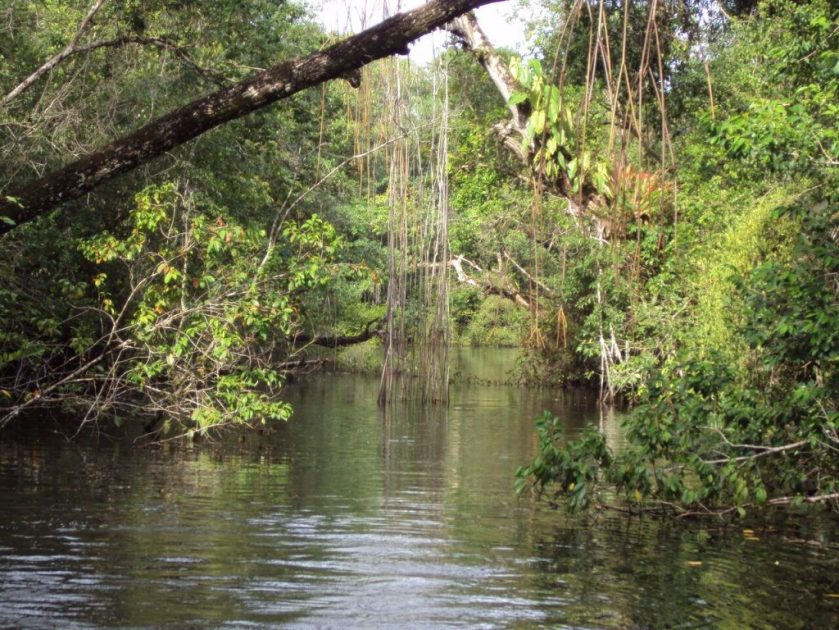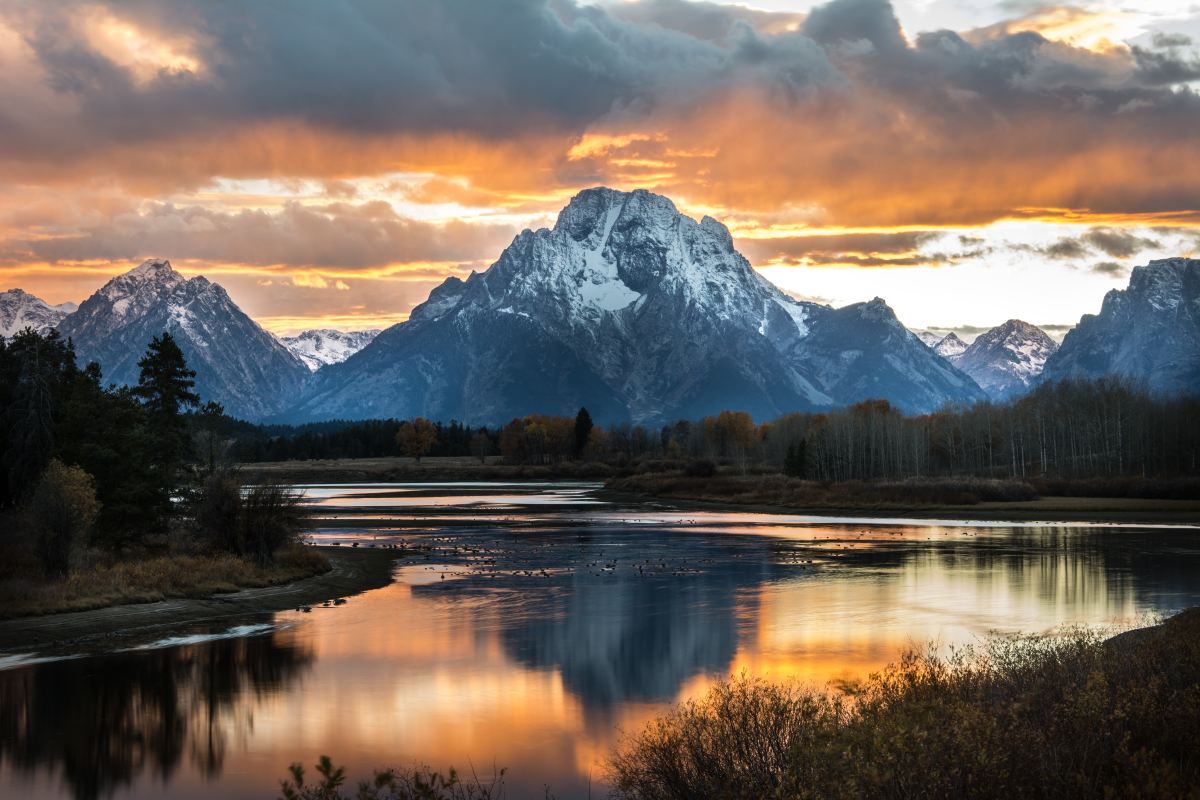It happens every time. Once in the wild, I don’t want to return to civilization.
Civilization brings out the worst in me. Frustration, anger, stress, prejudice, the need to wear a mask, to jostle and compete. My zany, playful edges rubbed dull by work and toil. My wildness tamed.
Dullness is but another name for tameness, said Henry David Thoreau.
Nature’s allure shouldn’t surprise anyone. After all, she cradled and shaped us for 99% of our time on this planet. Nature was once our home and governess; her lessons simple: harmony, quietude, zero-waste, moderation, and balanced competition. No need for therapy, Prozac, Ritalin or Xanax.
Environmental psychologists Stephen and Rachel Kaplan say it’s the visual elements in natural environments — sunsets, streams, butterflies — which reduce stress and mental fatigue. Fascinating, but not too demanding, such stimuli promote a gentle, soft focus that allows our brains to wander, rest, and recover from the nervous irritation of city life. Soft fascination permits a more reflective mode and the benefit seems to carry over when we head back indoors.
Regardless, once out, I just can’t bear the thought of heading back indoors.
In the street and in society I am almost invariably cheap and dissipated, my life is unspeakably mean. No amount of gold or respectability would in the least redeem it. But alone in distant woods, I come to myself. I once more feel myself grandly related. I suppose that this value is equivalent to what others get by churchgoing and prayer. — Thoreau
City life makes me envious. Nature humbles me. City life numbs my senses. The wild awakens them.
Our sensitivities and vast compendium of knowledge gained as hunter-gatherers have been lost. We’ve retained all the fears of the savannah but none of the skills. Instead of stars, we can’t find our way now without a GPS. The world’s shrill commotion makes it impossible to listen to silence. The rugosity of tree-bark, the moss’ padding, the lichen’s scuff or the silk of a leaf have become unfamiliar. Constant exposure to the corrosive wear of artificiality has blunted our sense of smell and taste. We no longer know what to eat without consulting labels. Bleared by the glaring and flickering light of screens, our sight misses nature’s secret clues and diminishes her rich depth… diminishes us. And our entire being, jarred by a storm of histrionic images and voices that incite us 24–7 to extremes of lust, greed, envy, outrage, and fear — with increasing doses to keep us hooked — have made it impossible for us to know what exactly to do in stillness. No wonder we’re always bored, anxious, angry, or depressed. No wonder the meaning of life eludes us.

My fascination with the wild began at an early age. Born and raised in one of the most magical spots on earth, I had ample opportunity to commune with nature.
One of my fondest childhood memories are of my solitary trips in a tiny wooden canoe through the lowland flood forest and mangrove thickets lining the narrow brown-water tributaries that fed into ‘El Golfete’ in northeast Guatemala. They ignited, I believe, my yearning for quietude and a life of vagabondage. It was a place where my senses were spellbound. Sighting turtles, spider-monkeys, toucans, macaws, parakeets; gliding on my canoe as if inside a green concert hall filled with their animated early morning chatter; dipping my hand into the tepid chocolate-colored water and feeling the growing heat of the sun rousing the dense smell of swamp, my whole body was pervious and receptive to the atavistic arousal of all those primeval and sublime sensations. Being just a boy, I wasn’t conscious of their profound effect, and that’s the crucial point. I was feeling, not thinking. It is our much-vaunted rationality that blocks our path to intimate connection.
As we grow up, we gradually lose our embodied awareness. We become brittle and live at right angles to the land. We alienate ourselves from our primal sensuousness and begin to divide the world into spirit and matter. We commodify our aliveness. No longer in seamless unity with a numinous dimension, Earth (from Latin mater or mother) becomes but a target for plunder, exploitation, and a dumpsite for human waste.
Our heedless violence against the planet might be explained by our profound and unavowed sadness for living in exile from the wild and our sensuality.
No European who has tasted savage life, can afterwards bear to live in our societies. — Benjamin Franklin
“In pre-and post-revolutionary America, Puritans loathed the natives’ simplicity, serenity, and sensuality,” suggests Barry Spector in ‘Madness at the Gates of the City,’ “for they were aspects of themselves they had banished. Because of the grief for what they had lost, or found too difficult to recover, they demonized these virtues and proceeded to remove them from view.”
When I came of age, I cut the umbilical cord tethering me to Mother Earth and sacrificed my natural sensitivities at the altar of ego, consumerism, and societal approbation. I had to lose everything twenty years later to find my way back to enchantment. Stripped of everything, I learned to succumb to nature’s wild embrace.
“The essence of the western male mind, says author and political activist Barbara Ehrenreich, “has been its ability to resist the contagious rhythm of the drums, to wall itself up in a fortress of ego and rationality against the seductive wildness of the world.”
If there’s ever a chance to save the wild, we must surrender to its seductive power and relearn nature’s wisdom. We must recover our lost scent.
I come to my solitary woodland walk as the homesick go home. — Thoreau
I answer the call of the wild and enter its hallowed space to remember where I came from and to where I must constantly return.
